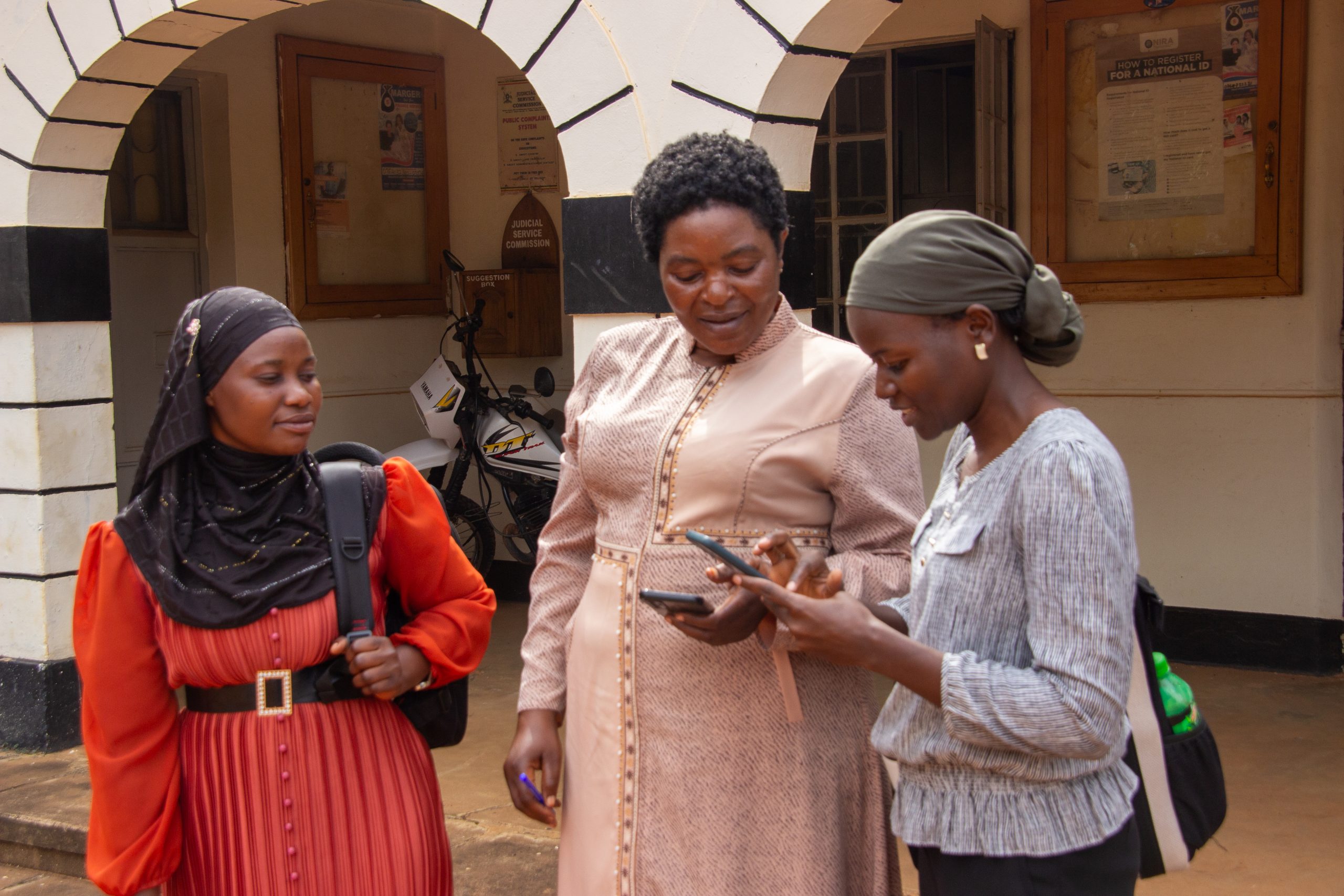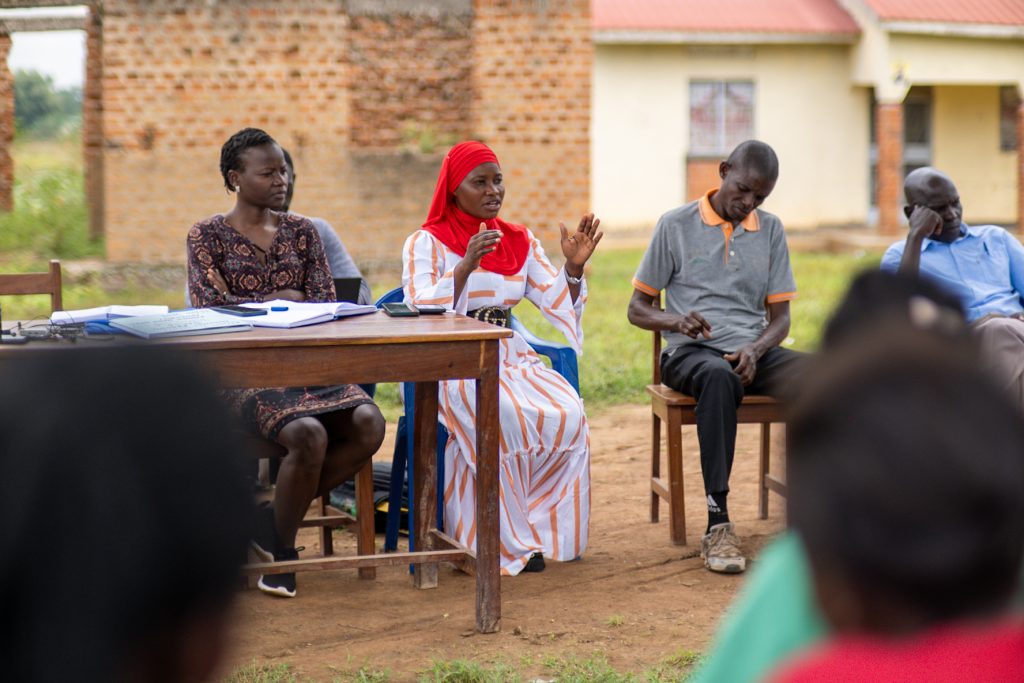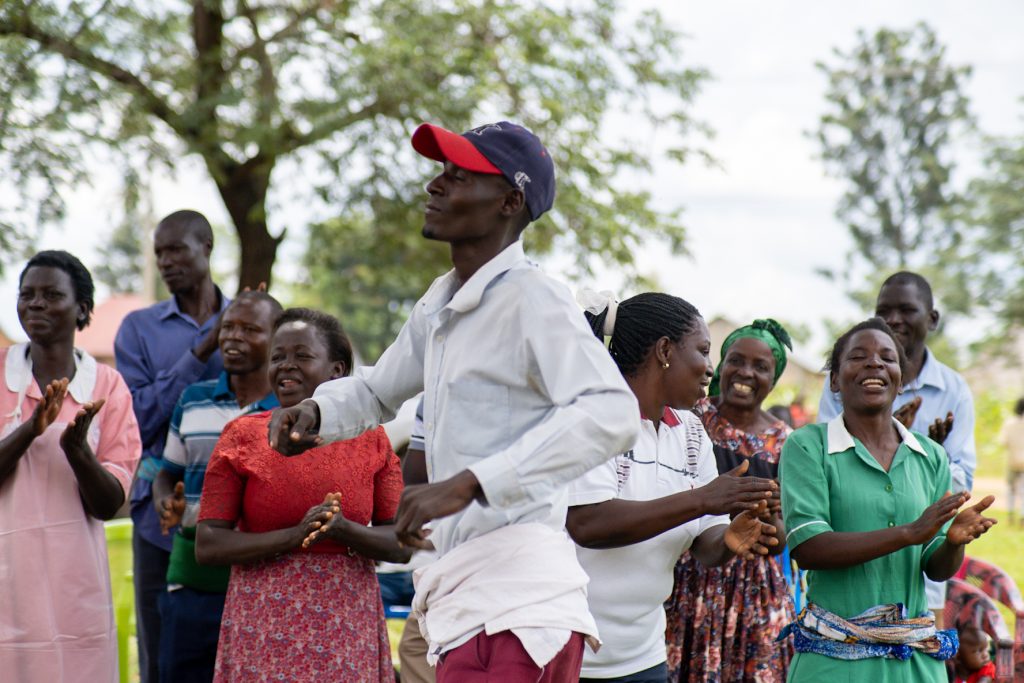
Local Power, Lasting Change
When we first walked the red-dust roads of Budaka District and threaded our way through the rolling green expanses of West Nile, what struck us most wasn’t the beauty of the landscape, but the silence that hung over it. Parents queued quietly outside the health centre 3’s which had very few delivery beds. Teachers, when they came at all, slipped into classrooms of crumbling bricks and peeling paint. Community members whispered of neglect— “we suffered in the silence of ignorance,” as Naula Joyce of Tademeri sub-county put it—afraid that to speak up meant to risk everything.
That all changed in early 2023, when the Uganda National NGO Forum and the West Nile Civil Society Network—backed by the European Union—launched the Strengthening Grassroots Social Accountability Project. This project set out to rebuild the fragile social contract between citizens and their duty-bearers. We trained organized community groups to map out their own needs, arming them with the confidence and tools to demand accountability, and we brought district technical and political leaders into the same room to hear those needs without fear or favour.

The convener, Wairagala Lulent, tells stories of the community school compound that doubled as a trading center – how the local butcher, just a few feet from the window, would blast the latest song so loudly. Those anecdotes became our icebreaker at every community forum—if the students could tolerate a pop song during a surprise test, surely leaders could tolerate citizen feedback.
Our “scorecard” methodology became the linchpin of dialogue. At each service delivery point—health center III and IV’s, primary and secondary schools alike—citizens and leaders jointly defined the standards they expected: reliable staffing, functional facilities, consistent supplies. They measured performance, pinpointed gaps, and negotiated clear commitments. Where health officials committed to stationing midwives and installing additional delivery beds, community monitors tracked every lull in service and every new bed framed. Where schools lacked latrines or fences, parents and sub-county officials agreed to co-fund the repairs and monitor teacher attendance, exhibiting the true power of local fundraising.
By mid-project review, the transformation was unmistakable. In Budaka, school attendance rose as teachers remained on site, held accountable by parents who now felt empowered to report absenteeism. In Kibuku, a second maternity ward stands ready, and stock-out reports have dropped by 60%. District budget analyses reveal that every major issue raised in citizen-leader forums—from borehole drilling to classroom renovation—has been recognized in the 2025 the FY24/25 budget, despite tight central transfers. Leaders have started earmarking their funds for routine scorecard follow-ups, signaling a commitment to sustainability beyond the project’s three-year span.
In neighboring Kei sub-county, Yumbe district, conditions were even more stark. Children sat in classrooms that doubled as firewood stores—each hole in the mud wall a smoky reminder that lessons paused if the neighbouring kitchen fired up. The children were so overcrowded in the class that they sat facing opposite directions to fit on the desks meant for half the number of students. Learning isn’t easier when you have to strain your neck to look at the board, but parents worried far beyond the syllabus.

Then came the silver lining: new classroom blocks, fitted windows and doors, and a community borehole erected just steps from the school gate. Attendance soared and, for the first time in ten years, a P7 learner from Kei sub-county earned a first-grade pass. The borehole didn’t just eliminate dusty buckets—it became a focal point for parents and sub-county officials to gather, discuss priorities, and chart further improvements.
Even our most seasoned conveners have been surprised by how quickly the mood in LC meetings shifted from formal caution to collaborative problem-solving. The LC3 chairperson joked about bringing sugarcane and sweet tea to every gathering— “If leaders come for sugar and leave with solutions, that’s a win,”. These light-hearted moments have built camaraderie that carries through to tough budget negotiations and technical planning.
Perhaps most encouraging is the shift in how leaders speak to constituents. No longer dismissive, they now ask questions and invite critique, treating community feedback as essential data. Monthly LC1 to LC3 meetings have become lively problem-solving sessions, and both parties have begun to see each other as partners rather than adversaries. Luke, a community member living with disability, no longer shrinks from requesting accessible infrastructure at his local council meetings—he now leaves knowing his voice matters and doors will open, literally and figuratively.
As we press into the final months, our focus turns to embedding these practices more deeply among newly elected officials in late 2025 and extending our scorecard model into two additional sub-counties. We are also intensifying our advocacy with the line, urging the Ministry of Finance to uplift district allocations in line with grassroots priorities. It’s only logical that the Local Government that provides 70% of the services to the citizens should be allocated a bigger share of the chapati. Every investment so far has yielded quantifiable improvements in service delivery, governance, and trust. The sustainability of the practices and continued support from partners, especially lobbying at the central government level, will ensure that these gains endure. Together, we are proving that when citizens and leaders truly engage, meaningful change is not just possible—it’s inevitable.



